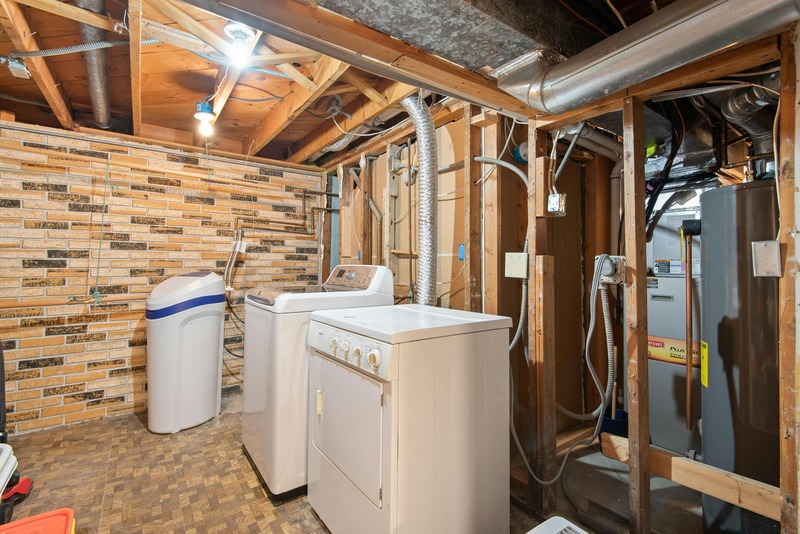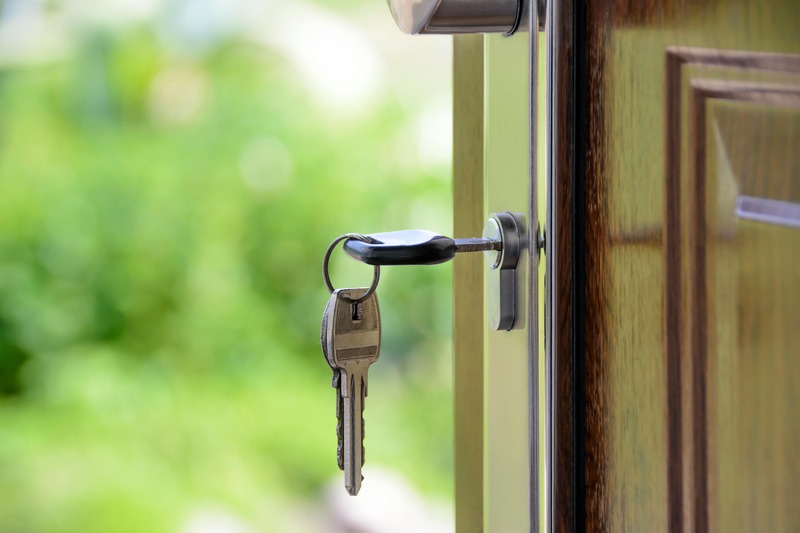
Energy Deregulation: States with Deregulated Electricity & Natural Gas
See which U.S. states have deregulated electricity and natural gas.
Ever heard the term "energy deregulation" and wondered what the fuss is about? Simply put, it means you've got the power (pun intended) to choose your energy supplier. That's right – in some states, you're not stuck with one company for your electricity and natural gas.
Instead, you can shop around for the best rates, like picking between Netflix or Hulu. But not every state is on this bandwagon. Let's dive into which states have flipped the switch on deregulation and what that means for you.

Which States have Deregulated Electricity?
So, which states have deregulated electricity? Here is a full list of deregulated energy markets. This means if you're living in one of these places, you've got choices for your electricity provider.
Check out the table below for a snapshot:
| State | Deregulated Since | Residential | Commercial | Notes |
|---|---|---|---|---|
| Texas | 2002 | Yes | Yes | Full retail competition for both sectors. |
| New York | 1996 | Yes | Yes | Choice for both but with utility - owned delivery systems. |
| California | Partial | No | Yes | Deregulation mainly forlarge commercial customers. |
| Pennsylvania | 1997 | Yes | Yes | Wide choice for both residential and commercial. |
| Illinois | 1997 | Yes | Yes | Open market for both sectors. |
| Ohio | 2001 | Yes | Yes | Choice available across the board. |
| Massachusetts | 1998 | Yes | Yes | Full competition for both. |
| NewJersey | 1999 | Yes | Yes | All customers can choose. |
| Maryland | 1999 | Yes | Yes | Open competition for all. |
| Connecticut | 2000 | Yes | Yes | Retail competition for both residential and commercial customers. |
States with Deregulated Natural Gas
For natural gas, the distinction is also crucial. These states have energy deregulation laws in place for natural gas.
| State | Deregulated Since | Residential | Commercial | Notes |
|---|---|---|---|---|
| Georgia | 1997 | Yes | Yes | Full market competition,with a strong residential focus. |
| Ohio | 1997 | Yes | Yes | Consumers in both sectors have options. |
| Pennsylvania | 1999 | Yes | Yes | Diverse choices for residential and commercial customers. |
| Illinois | 1997 | Yes | Yes | Open to both sectors. |
| Michigan | Partial | No | Yes | Choice program mainly for commercial customers. |
| NewYork | 1996 | Yes | Yes | Market open for both. |
| New Jersey | 1999 | Yes | Yes | Consumer choice across the board. |
| Maryland | 1999 | Yes | Yes | Competitive market for both sectors. |
Commercial vs. Residential Deregulation
Adding these distinctions helps underline that while some states offer deregulation across the board, others might limit it to commercial customers, often because the volume of use in the commercial sector can support a competitive market more robustly.
In contrast, residential deregulation opens up the market to individual consumers, allowing them to choose based on rates, customer service, and green energy options.
Understanding whether your state allows for commercial, residential, or both types of deregulation can guide you in making informed decisions about your energy provider.
Whether you're a business looking to cut costs or a household interested in renewable energy options, knowing your state's stance on deregulation is crucial.
Deregulation Timeline
The journey toward deregulation has been a patchwork process across the U.S., with states taking their own paths. Here’s a quick rundown:
- Mid-1990s to Early 2000s: A wave of deregulation began, led by pioneers like California and Pennsylvania, aiming to increase competition and lower prices.
- 2000s: Some states, like Texas, fully embraced deregulation, while others took a more cautious approach or faced challenges.
- 2010s to Now: The landscape has stabilized somewhat, with no new states fully deregulating but many adjusting policies to benefit from partial deregulation and improve market conditions.
What Deregulation Means for Consumers
Deregulation is a bit like being given a menu instead of a single meal option. It means you can:
- Shop for better rates: Like hunting for deals online, you can look for energy suppliers with lower rates or better terms.
- Choose renewable options: Interested in going green? Deregulation often means more choices, including renewable energy sources.
- Experience better customer service: With competition, providers might work harder to keep you happy.
But, and it's a big but, it also means you need to be savvy. Not all deals are created equal, and it's essential to read the fine print and understand what you're signing up for.
In a nutshell, deregulation can be a win for consumers—more power to choose (literally) and potentially lower bills. But it pays to be informed and shop wisely. So, whether you're in a deregulated state or just curious about the energy market, knowledge is power.
Written by Thad Warren
Thad is a native Texan who has worked in the energy industry for just over 5 years.
Connect
Recent Posts
What is considered a utility bill? Your Guide to Essential Services
Utilities help to keep your daily life comfortable and your home operable. So, what is considered a utility bill? And, what is the average cost of your monthly utility bill? In this guide we’ll break down what types of essential services make up your utility bills, how to read your bill, and strategies for reducing different utility bills.
March 2025

4 minutes

Creating Your Home Buying Budget: How much house can you afford?
Before you begin the home buying process, it’s important to take the time to understand how to budget to buy a home. In the time leading up to closing you’ll need to make smart financial decisions and save strategically for your home buying budget.
March 2025

6 minutes

Why You Need to Create a Budget: Everything You Need To Establish a Home Budget
Struggling to manage your finances? Learn how creating a household budget can help you take control of your money, reduce stress, pay off debt, and save for the future.
March 2025

6 min


.jpeg)

